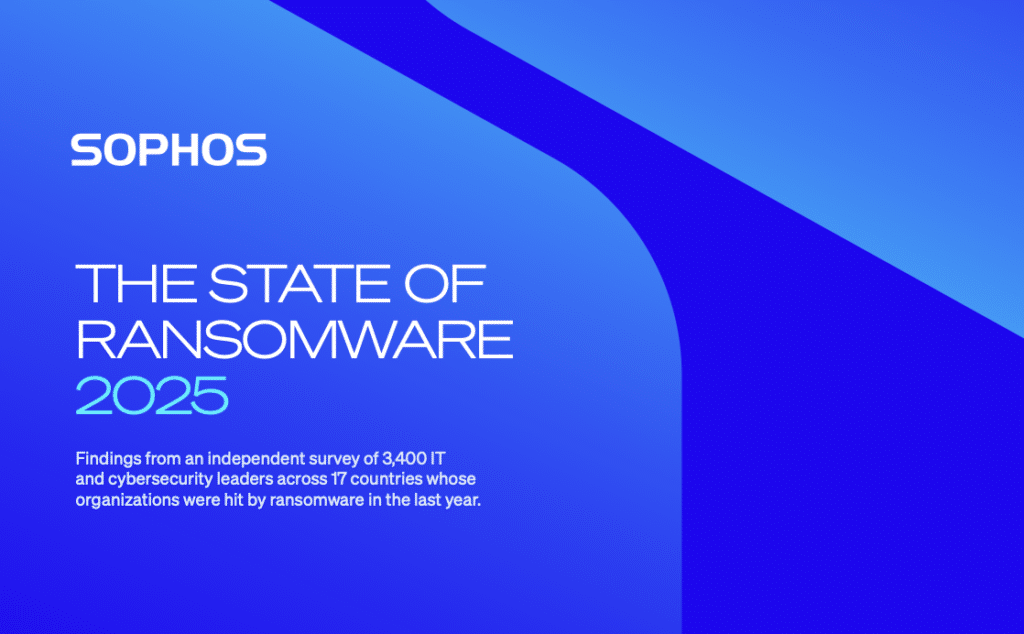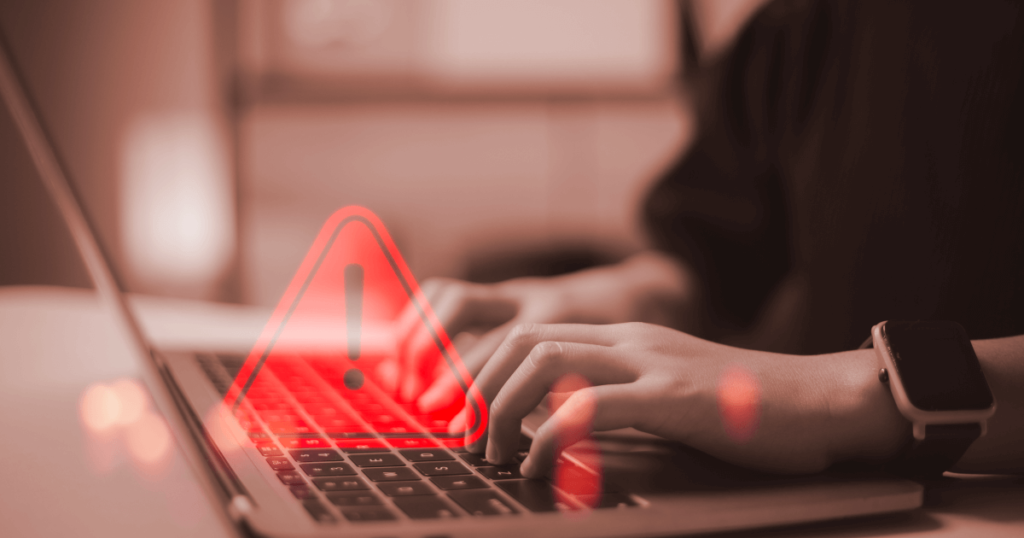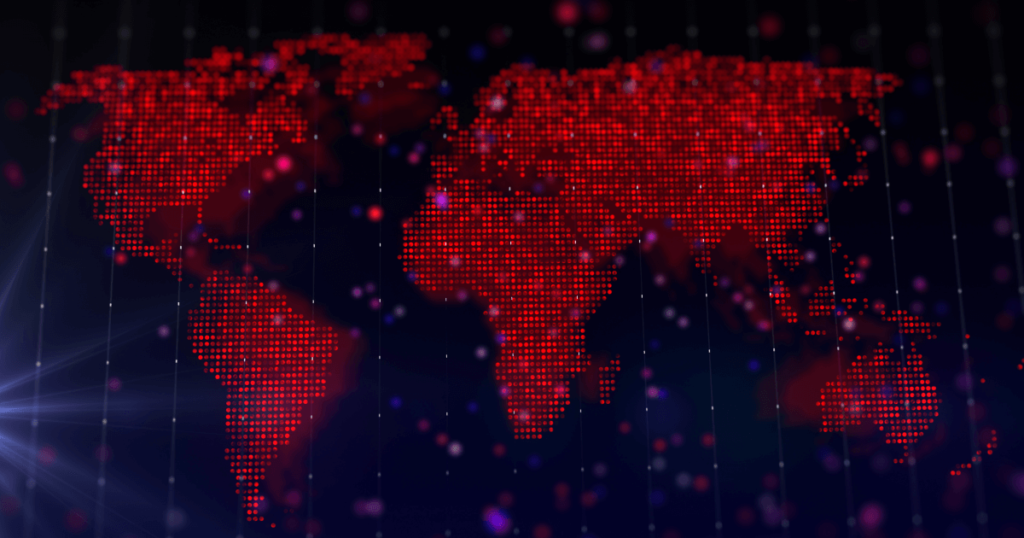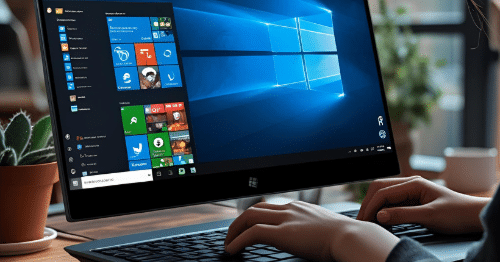Cyber Hygiene: Stopping the Spread of Covid Cyber Crime
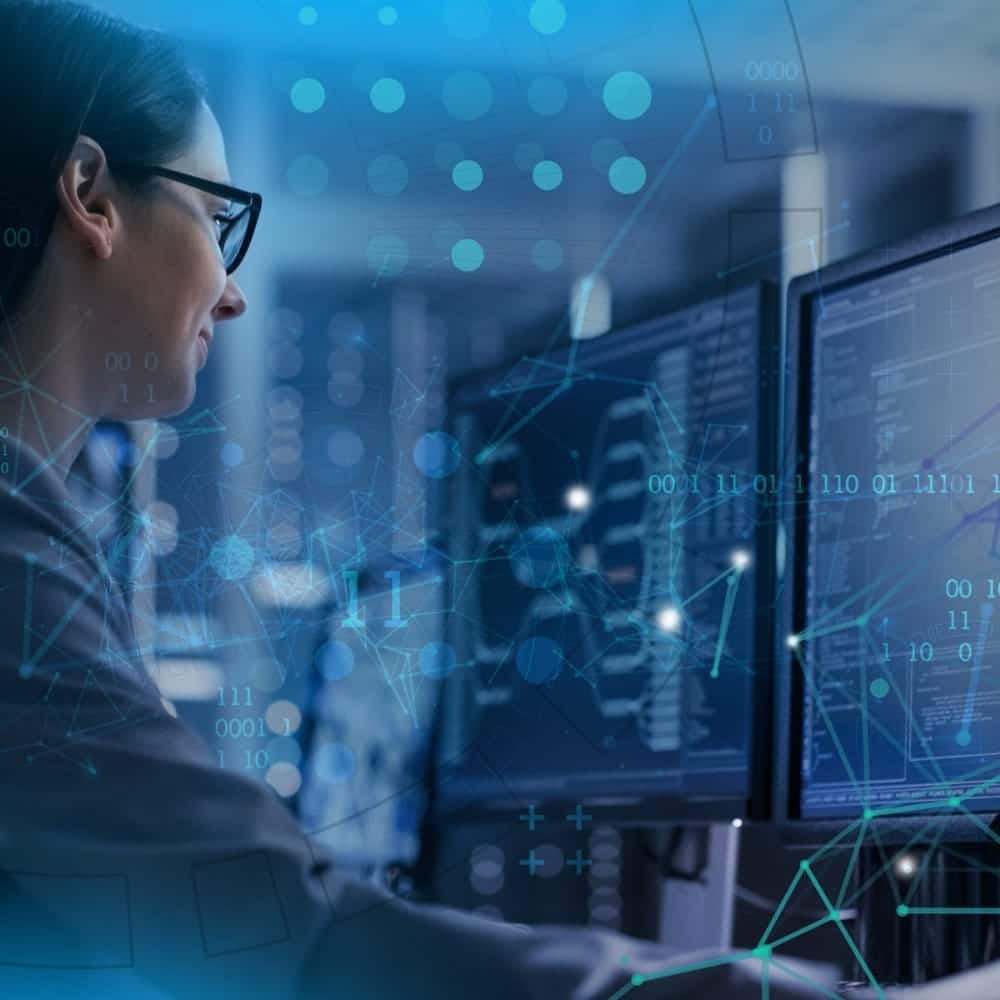
Moving an entire business online isn’t an easy task, so it’s no surprise that mistakes were made in March 2020. Many organisations are only now discovering their rapid deployment of remote working infrastructure, tools and software may have succeeded in supporting staff working from home during the pandemic, but failed to create a ‘cyber safe’ environment. The acceleration of digital transformation often resulted in gaps, weak spots and lowered cyber defences. While companies were distracted with the logistics of keeping business ticking over, for cyber criminals, business was booming. Malicious actors are continually adjusting tactics to take advantage of the most vulnerable targets, and during the pandemic gateways to new forms of data theft were opening up in every direction. Each new VPN became an internet-exposed attack surface and every piece of video-conferencing software posed new security risks. Between February and May 2020, the personal data of more than 500,000 video conferencing users was stolen and sold on the dark web. Attackers have been able to ‘Zoombomb’ online meetings, access sensitive information on unpatched devices, and breach security software that wasn’t properly configured. Cyber attacks on organisations increased by 31% between 2020 and 2021, and in the first 6 months of 2021, global ransomware attacks increased by 151%. All at a time when many companies were storing personal information and sensitive documents in the cloud for the first time.  Of course, as an industry we are fighting back to offer improved cyber security and cyber resilience. We layer protection across all devices, applications, networks and systems to keep data safe and ensure there’s the capacity and capability to detect, respond and recover from emerging threats and vulnerabilities. Security experts are developing cutting edge detection and interception technologies using automation and machine learning that will transform cyber security in the near future. The downside? Criminals have access to the same technology, but with very different plans. Robust technology defences are a must to protect your business, but many of the recent attacks are targeted at your people, not your systems. 61% of all breaches involve user credentials. Social engineering techniques depend on human error to provide access to valuable data and systems. Unsuspecting users are targeted both on and offline with ever more convincing phishing and vishing scams. And they are often successful, because humans are the weakest link in the security chain. Add to that the increased interruptions and distractions many experience when working from home, and the isolation from team members which increases stress levels for others. Your employee’s focus only needs to slip for a moment to open the door to a malicious actor. And your staff know this, and they feel vulnerable. 32% have noticed an increase in speculative criminal activity, and 19% of people working from home don’t feel they have the skills and training to stay safe. What can you do to support your staff? Improve your cyber hygiene habits. At the beginning of the pandemic, we all had to re-learn how to wash our hands to stop the spread of the virus. We already knew we should be lathering for 20 seconds, but that’s a long time when you can hear your train pulling in, or your children causing chaos. Covid reminded us why every second mattered. As businesses, we know the cyber hygiene processes that should be followed to maintain the health and safety of our networks and data, and the lapses exploited during the pandemic have been a reminder that these simple but critical precautions can’t be rushed, delayed or overlooked. For example, patches and updates should be applied rapidly, backups should take place regularly, firewalls and security software should be properly configured. Access privileges should be reviewed, incident response plans should be updated, and security awareness training should be comprehensive and ongoing. I won’t pretend this is exciting stuff. Maintaining this routine of small cyber hygiene habits is mundane and monotonous, but it’s critical to your company’s health. The complex environment created by mass remote working has turned every server, device, application and employee into a potential attack vector. But those aren’t the only risks to your revenue stream. In an increasingly connected business landscape, the security effectiveness of every partner and supplier is taken into account. In one survey, 88% of respondents are concerned about the cyber resilience of SMEs in their supply chain. It’s no longer just about closing the security gaps to protect yourself from financial, legal and reputational damage – if you can’t prove high levels of detection and protection, you could be considered an un-mitigated risk, and lose out to someone who can. We know that cyber security implementation can be costly and time-consuming. Espria can help to alleviate that burden. You get access to our cyber security experts and all your managed cyber security needs are covered. We’ll even support you in training your teams on security and awareness of their cyber environment, giving you the best chance of avoiding a cyber disaster.
Of course, as an industry we are fighting back to offer improved cyber security and cyber resilience. We layer protection across all devices, applications, networks and systems to keep data safe and ensure there’s the capacity and capability to detect, respond and recover from emerging threats and vulnerabilities. Security experts are developing cutting edge detection and interception technologies using automation and machine learning that will transform cyber security in the near future. The downside? Criminals have access to the same technology, but with very different plans. Robust technology defences are a must to protect your business, but many of the recent attacks are targeted at your people, not your systems. 61% of all breaches involve user credentials. Social engineering techniques depend on human error to provide access to valuable data and systems. Unsuspecting users are targeted both on and offline with ever more convincing phishing and vishing scams. And they are often successful, because humans are the weakest link in the security chain. Add to that the increased interruptions and distractions many experience when working from home, and the isolation from team members which increases stress levels for others. Your employee’s focus only needs to slip for a moment to open the door to a malicious actor. And your staff know this, and they feel vulnerable. 32% have noticed an increase in speculative criminal activity, and 19% of people working from home don’t feel they have the skills and training to stay safe. What can you do to support your staff? Improve your cyber hygiene habits. At the beginning of the pandemic, we all had to re-learn how to wash our hands to stop the spread of the virus. We already knew we should be lathering for 20 seconds, but that’s a long time when you can hear your train pulling in, or your children causing chaos. Covid reminded us why every second mattered. As businesses, we know the cyber hygiene processes that should be followed to maintain the health and safety of our networks and data, and the lapses exploited during the pandemic have been a reminder that these simple but critical precautions can’t be rushed, delayed or overlooked. For example, patches and updates should be applied rapidly, backups should take place regularly, firewalls and security software should be properly configured. Access privileges should be reviewed, incident response plans should be updated, and security awareness training should be comprehensive and ongoing. I won’t pretend this is exciting stuff. Maintaining this routine of small cyber hygiene habits is mundane and monotonous, but it’s critical to your company’s health. The complex environment created by mass remote working has turned every server, device, application and employee into a potential attack vector. But those aren’t the only risks to your revenue stream. In an increasingly connected business landscape, the security effectiveness of every partner and supplier is taken into account. In one survey, 88% of respondents are concerned about the cyber resilience of SMEs in their supply chain. It’s no longer just about closing the security gaps to protect yourself from financial, legal and reputational damage – if you can’t prove high levels of detection and protection, you could be considered an un-mitigated risk, and lose out to someone who can. We know that cyber security implementation can be costly and time-consuming. Espria can help to alleviate that burden. You get access to our cyber security experts and all your managed cyber security needs are covered. We’ll even support you in training your teams on security and awareness of their cyber environment, giving you the best chance of avoiding a cyber disaster.
You may be interested in
The 2025 State of Ransomware: Key Insights on Attacks, Costs, and Recovery
Ransomware continues to evolve — and so must our defenses. The State of Ransomware 2025 report from Sophos presents one of the most comprehensive views yet into how organisations around the world are being impacted by ransomware attacks. Based on an independent survey of 3,400 IT and cybersecurity leaders across 17 countries, the report explores how attacks are evolving, the operational weaknesses adversaries exploit, and the human and financial tolls that follow. Whether you’re building a cybersecurity strategy or assessing risk, this year’s findings offer crucial, real-world insights to guide your response. Key Findings from…
Outgrowing your MSP; businesses need a provider that scales with their growth
To stay competitive, business leaders must align with MSPs that deliver strategic value, drive innovation, and support to scale. Now firmly into 2025, it’s becoming clear what the year has in store for the IT landscape. For SMBs, the message is clear: business growth must be matched with smarter, more scalable managed services. The demand for cyber-resilient, cloud-first and AI-integrated solutions is no longer a forecast – it’s a reality already shaping business priorities. According to leading global technology market analyst firm Canalys’ MSP Trends 2025 report, the MSP model is transforming under growing pressure…
End of windows 10 support signal urgent action needed from UK organisations as cyberattacks continue to rise
Recent breaches at major UK retailers, combined with the approaching end of life of Windows 10, highlights a critical moment for IT resilience planning The recent wave of cyberattacks targeting major UK retailers has highlighted the growing security risks associated with organisations running outdated systems and applications and maintaining weak identity verification protocols. These incidents—particularly those involving Marks & Spencer and the Co-Op—have starkly exposed how vulnerable legacy infrastructure and insufficient access controls can be. In both cases, attackers successfully posed as legitimate employees and manipulated IT help desks into resetting internal passwords, ultimately gaining…
UK SMEs must fortify their cybersecurity against geopolitical risks, says Espria
A recent Sky News investigation highlighted an uptick in cyberattacks tied to the Iran conflict that are targeting businesses across multiple sectors. Speaking at the NATO Summit, Prime Minister Sir Keir Starmer urged UK businesses, regardless of size or sector, to prioritise cybersecurity and ‘take immediate steps to review and strengthen their defences.’ While the warning is timely in tone, businesses are already becoming targets of politically motivated cyberattacks, emphasising the need for heightened vigilance. “As tensions spread globally, threat actors will continue to exploit digital vulnerabilities, and neutral businesses may be caught in the…
End of windows 10 support signal urgent action needed from UK organisations as cyberattacks continue to rise
End of windows 10 support signal urgent action needed from UK organisations as cyberattacks continue to rise
Why Businesses Should Invest in ESG: Lessons learned by Espria
In today’s competitive landscape, Environmental, Social and Governance (ESG) performance is no longer just a “nice to have”—it is a critical business imperative. Companies that prioritise ESG are better positioned for long-term success, risk mitigation, and reputation enhancement. Today’s world demands more from companies than just financial performance. Customers want transparency. Employees want purpose. Investors want resilience. ESG helps businesses manage risk, seize new opportunities and build trust with the people who matter most. It is how you can stay competitive, stay responsible and stay relevant in a fast-changing world. A powerful case study of…
